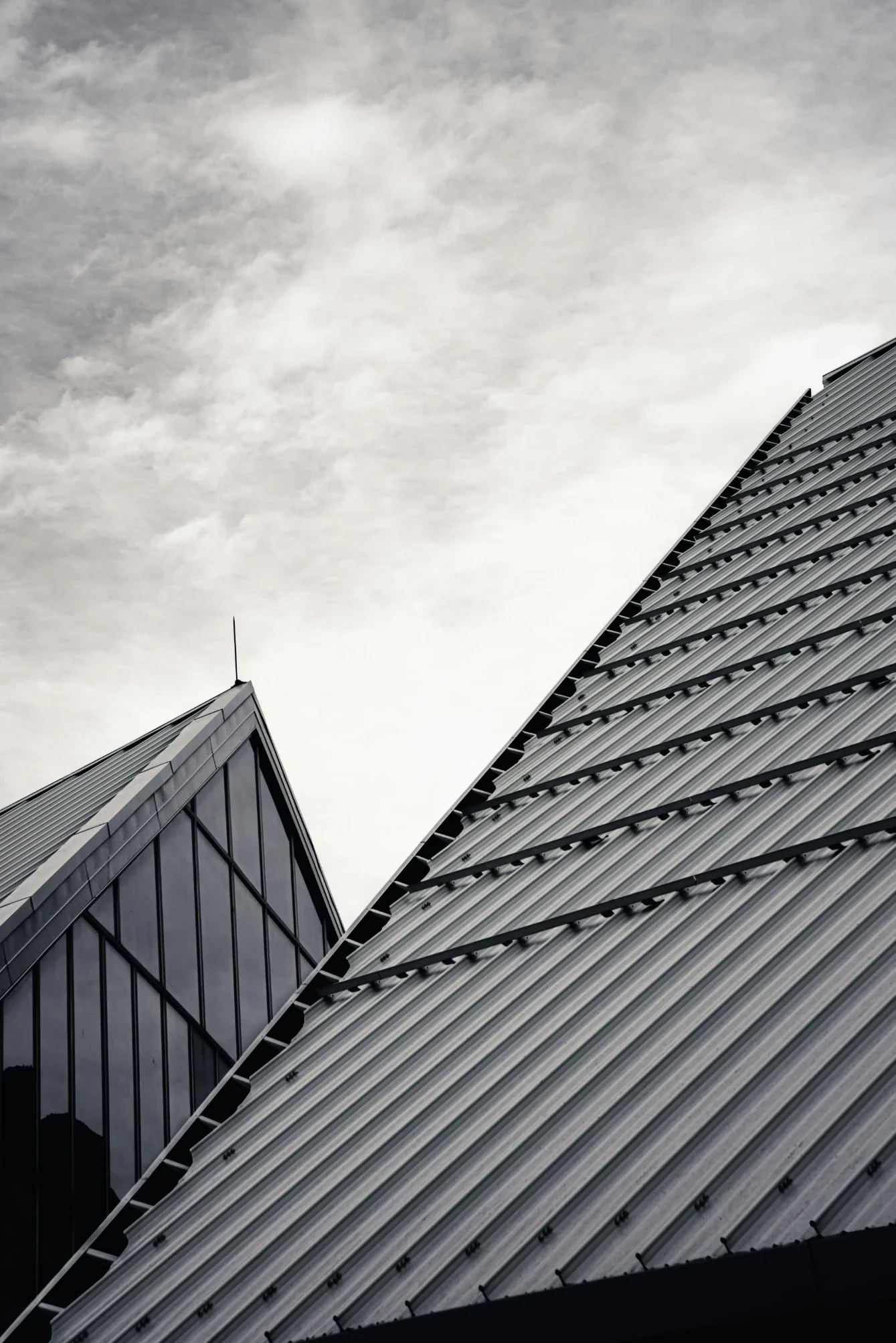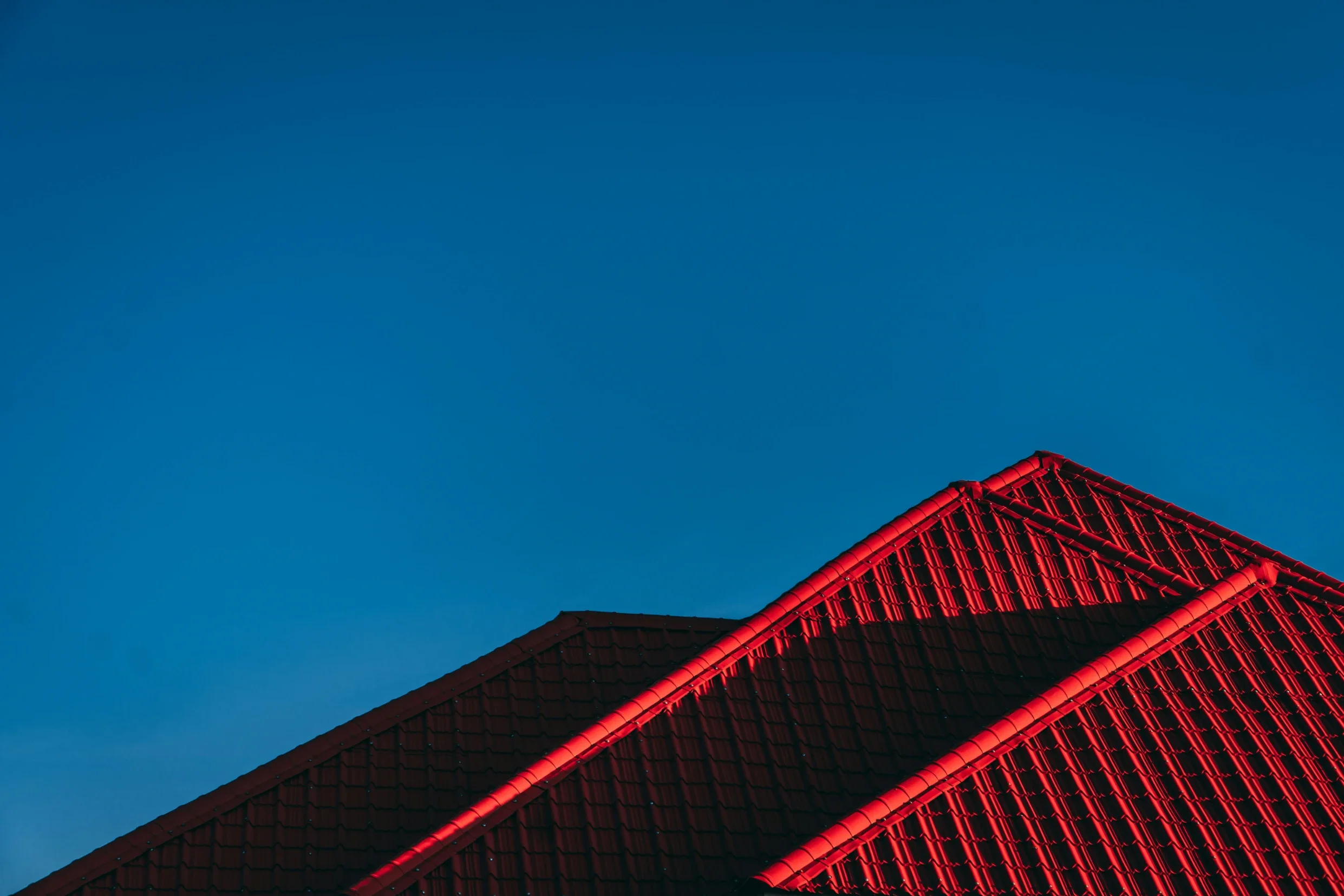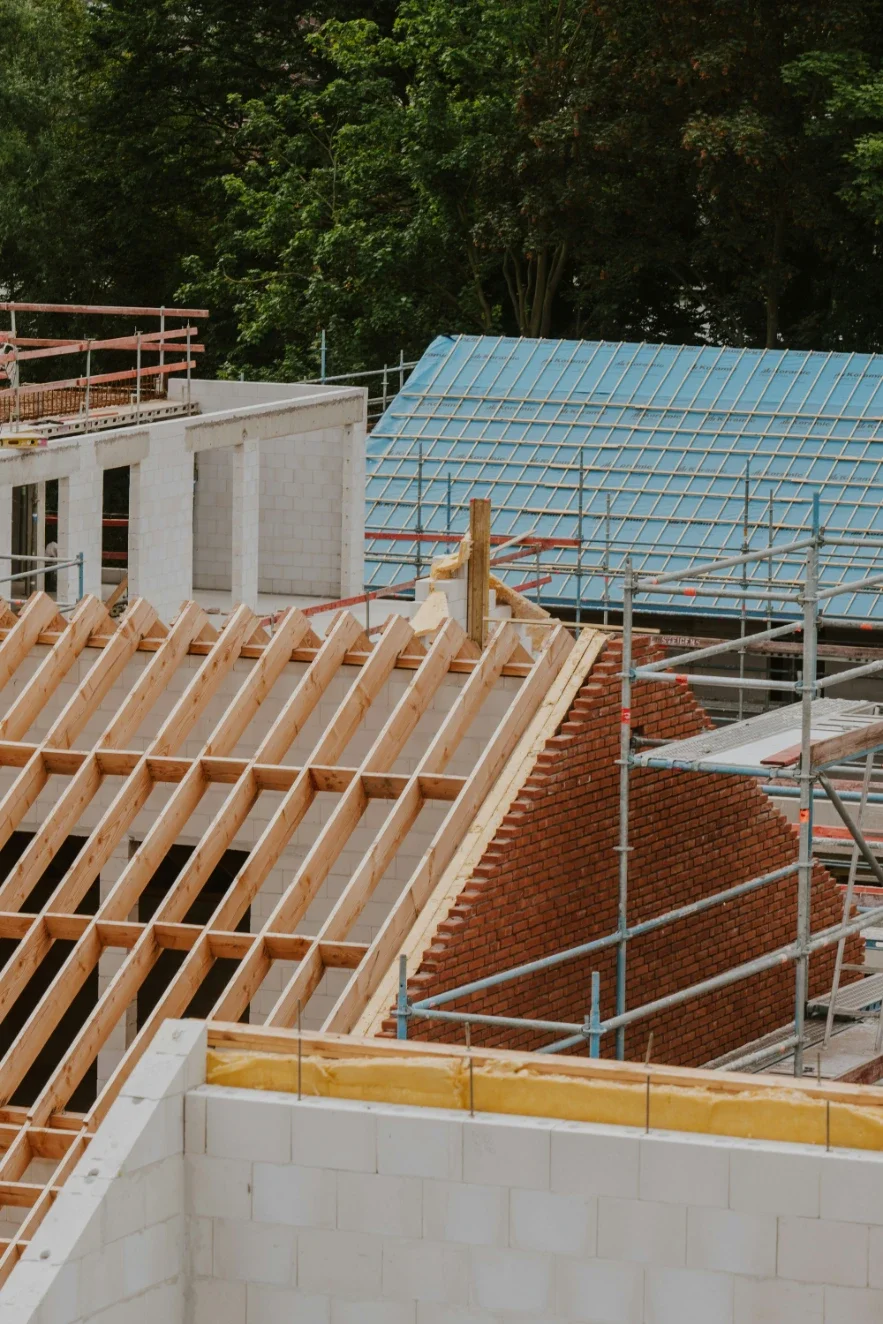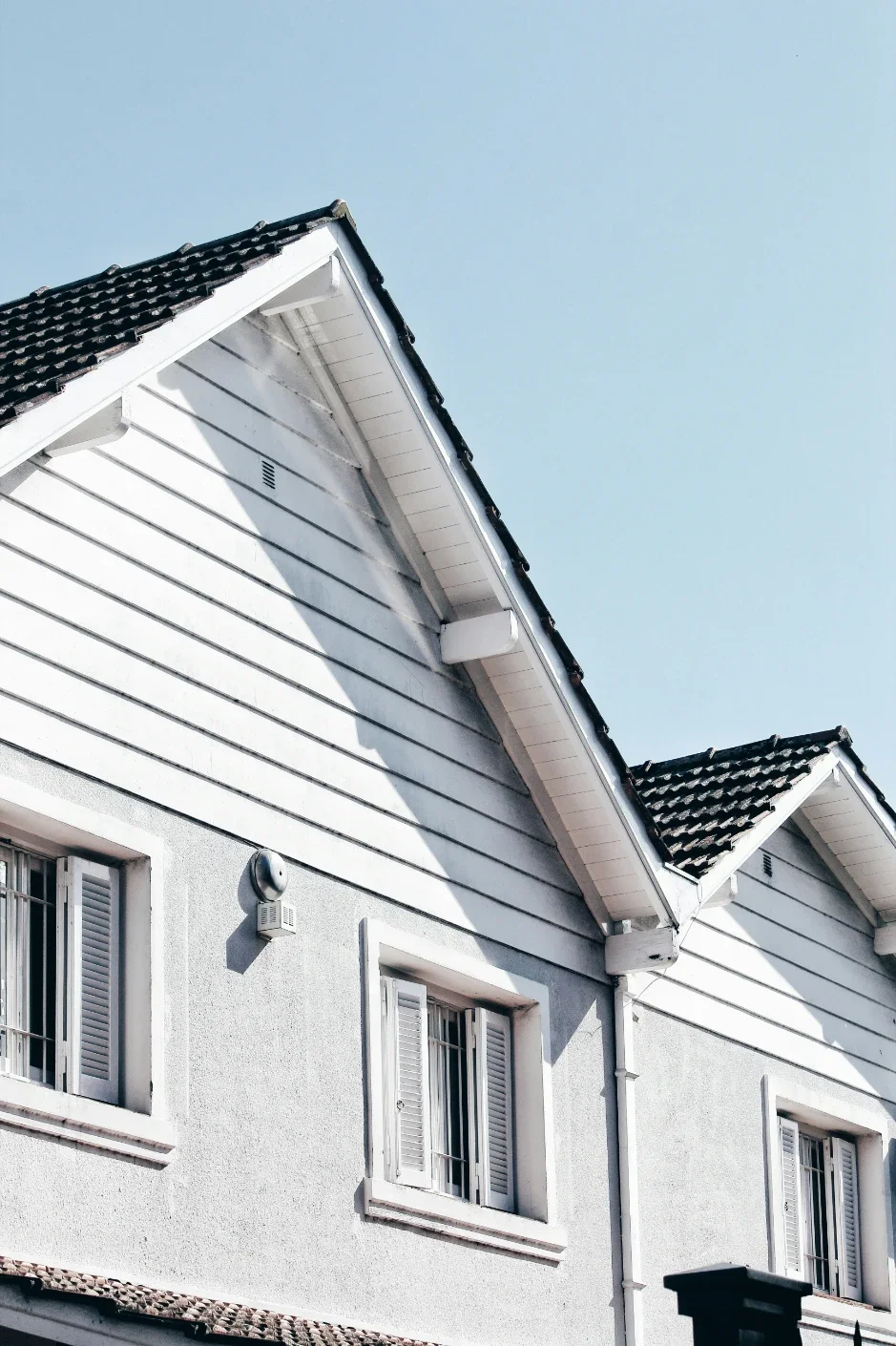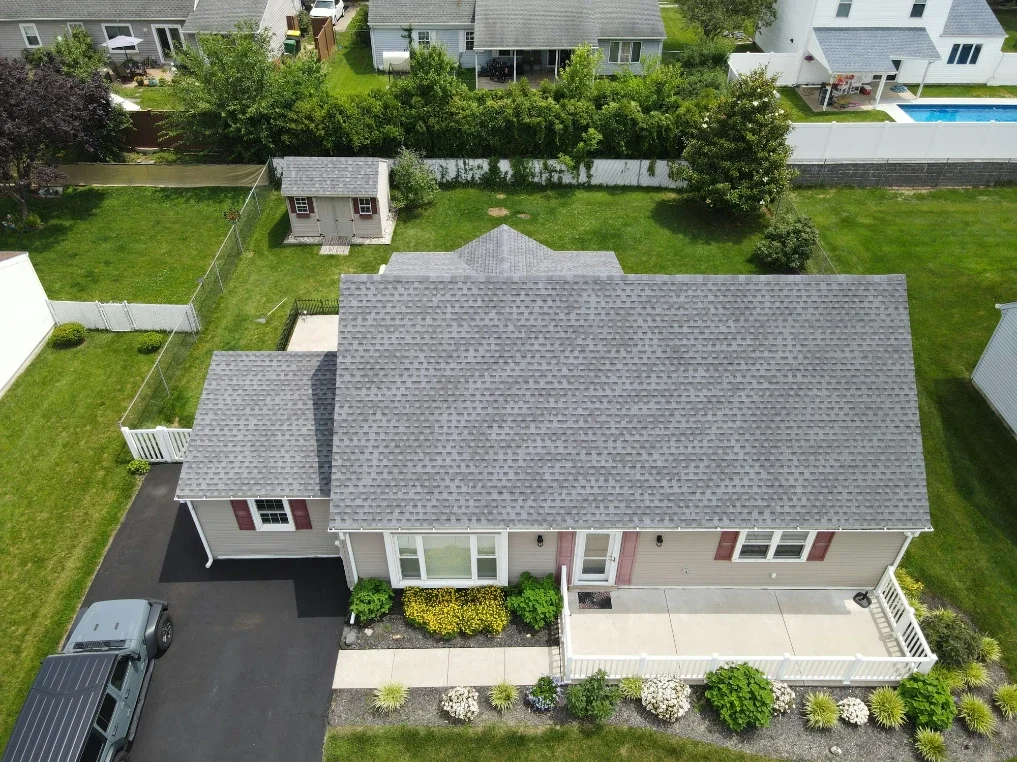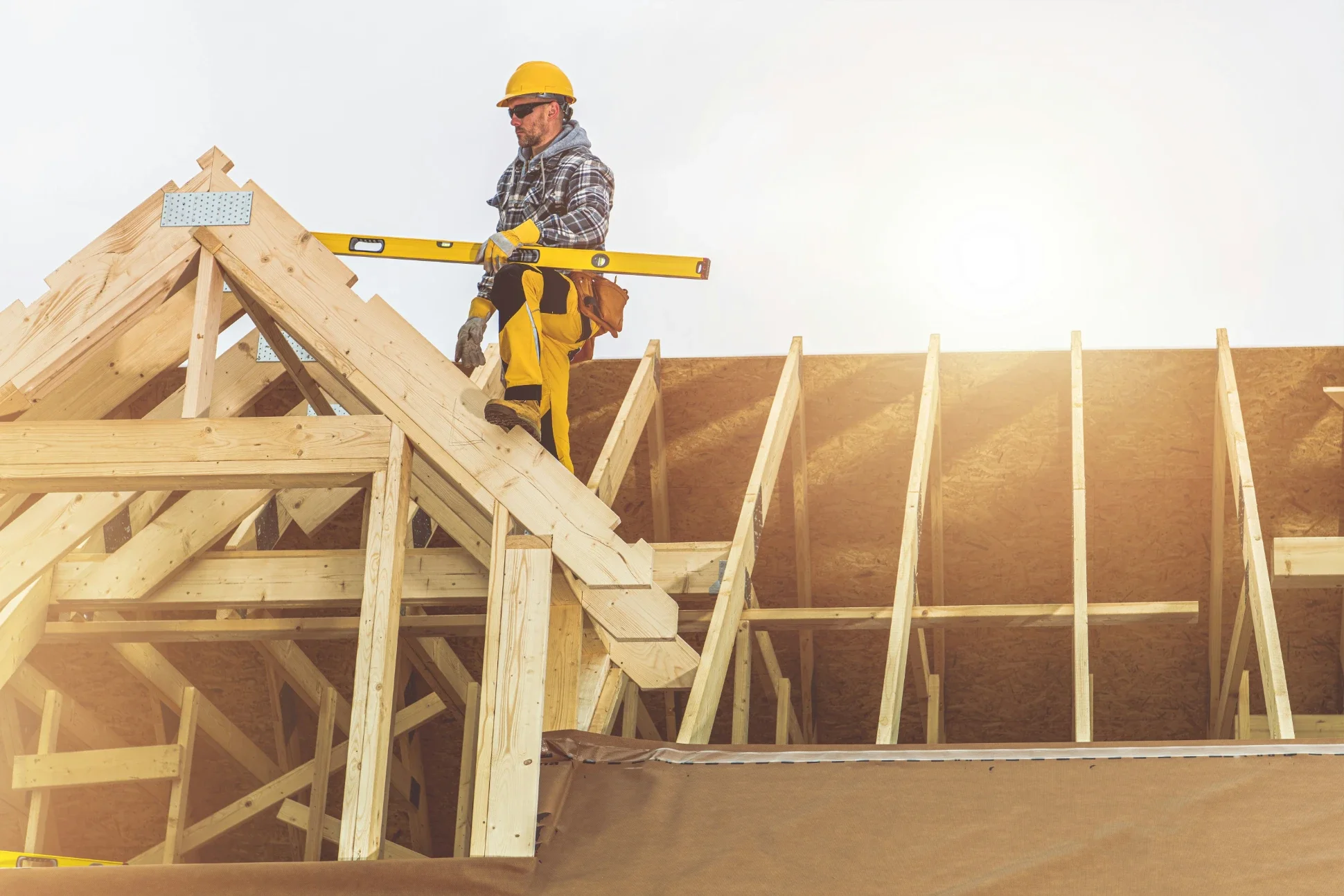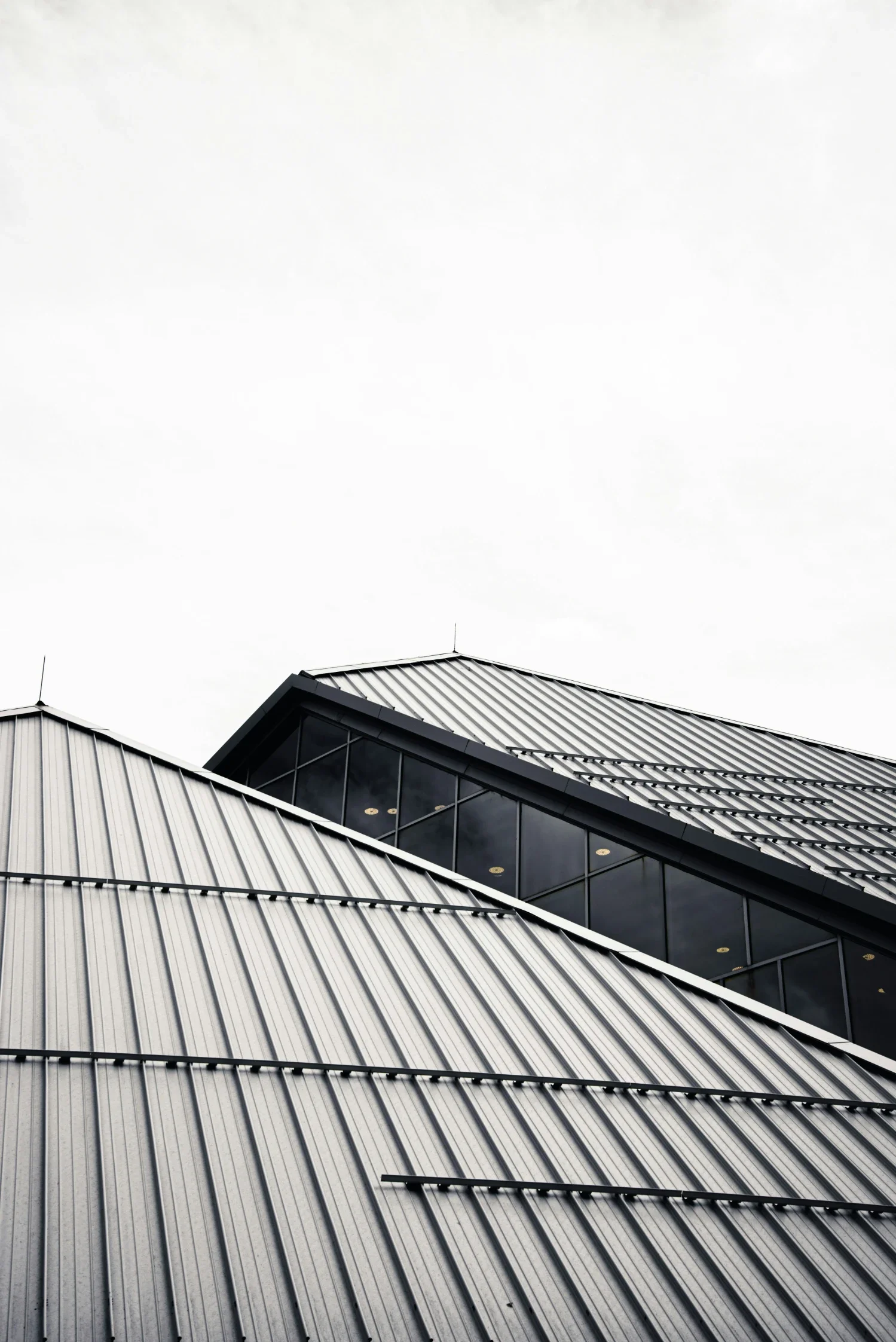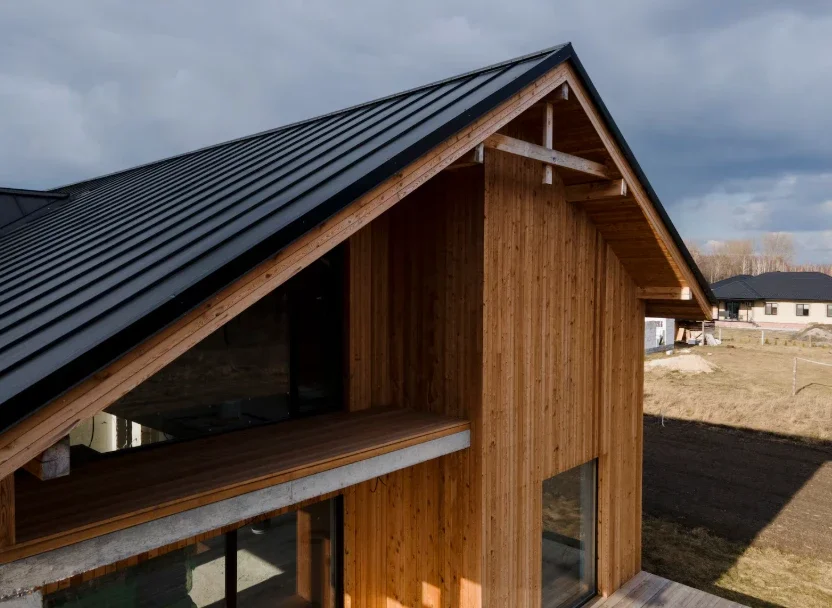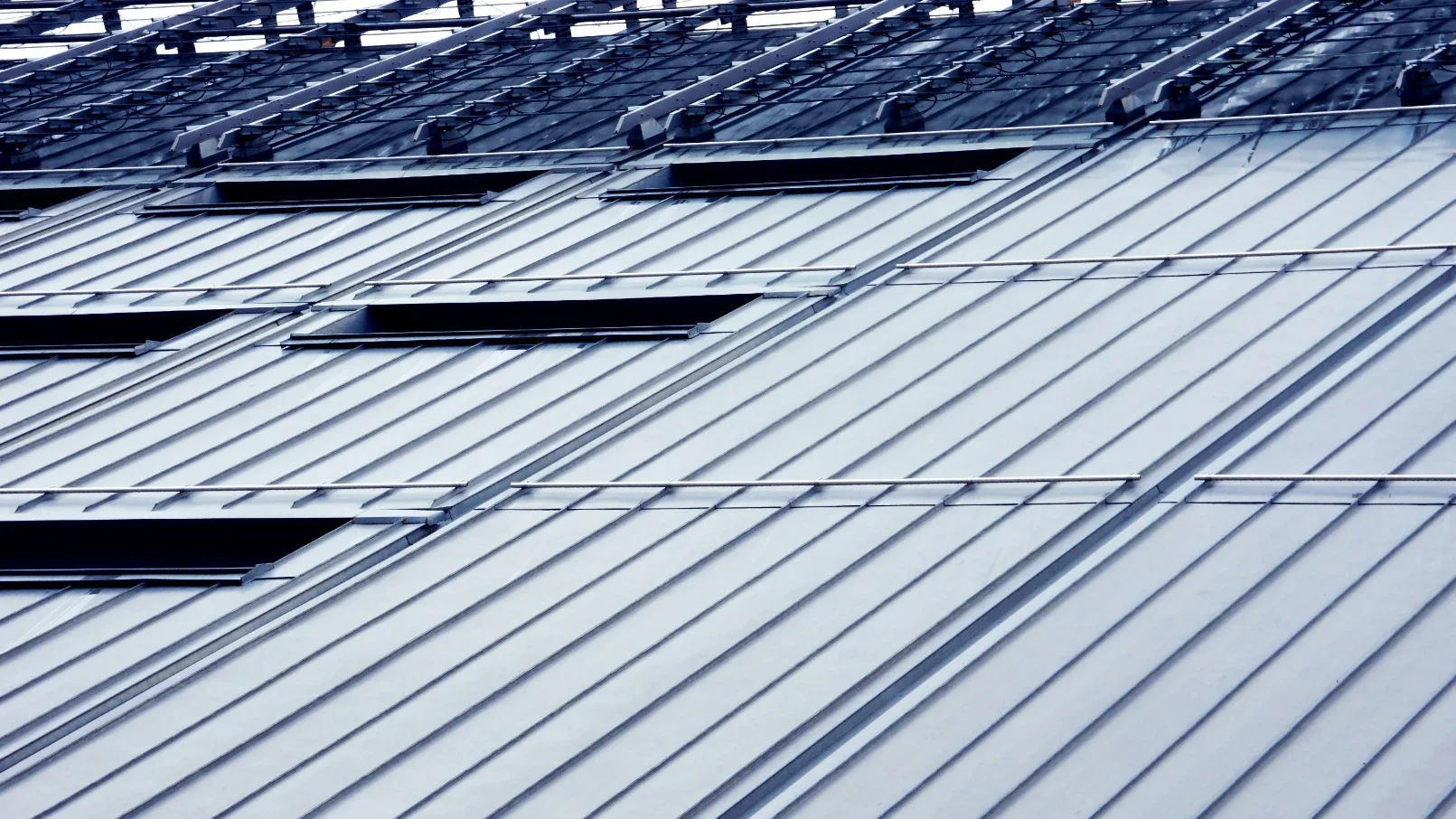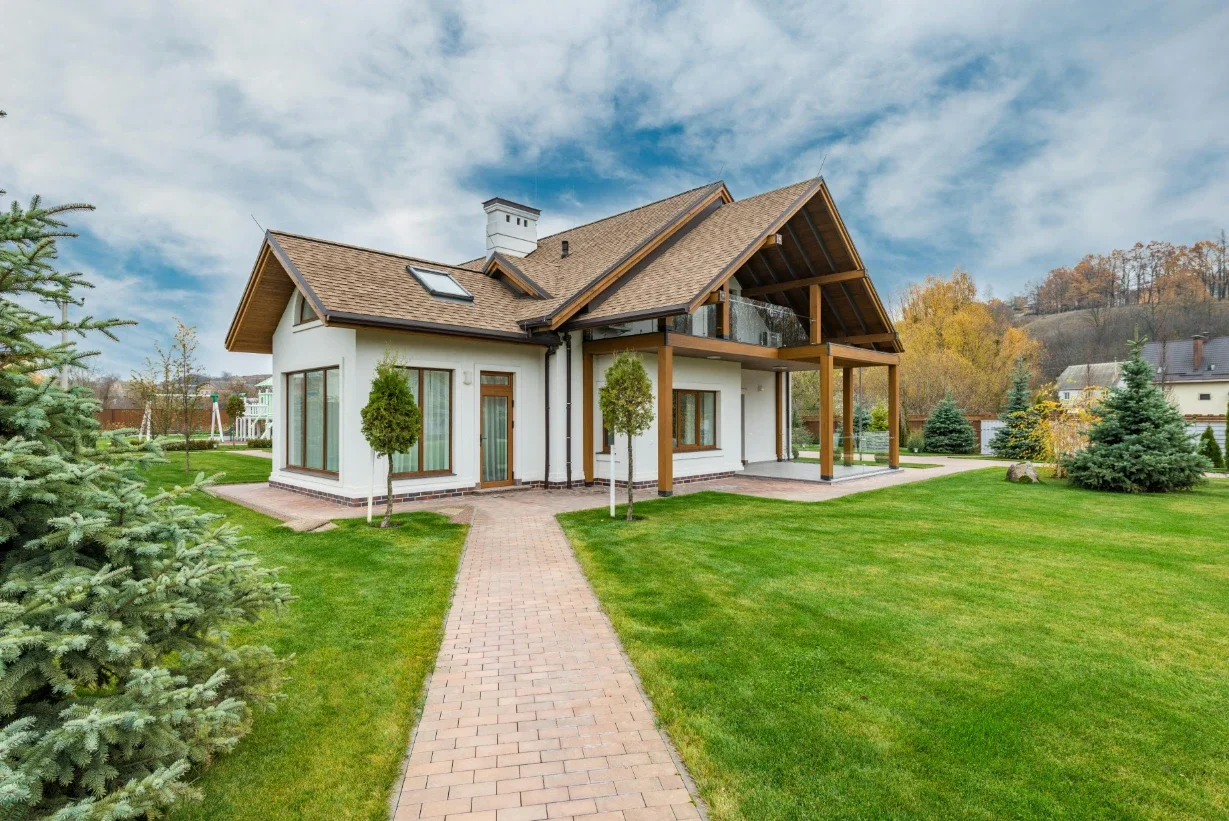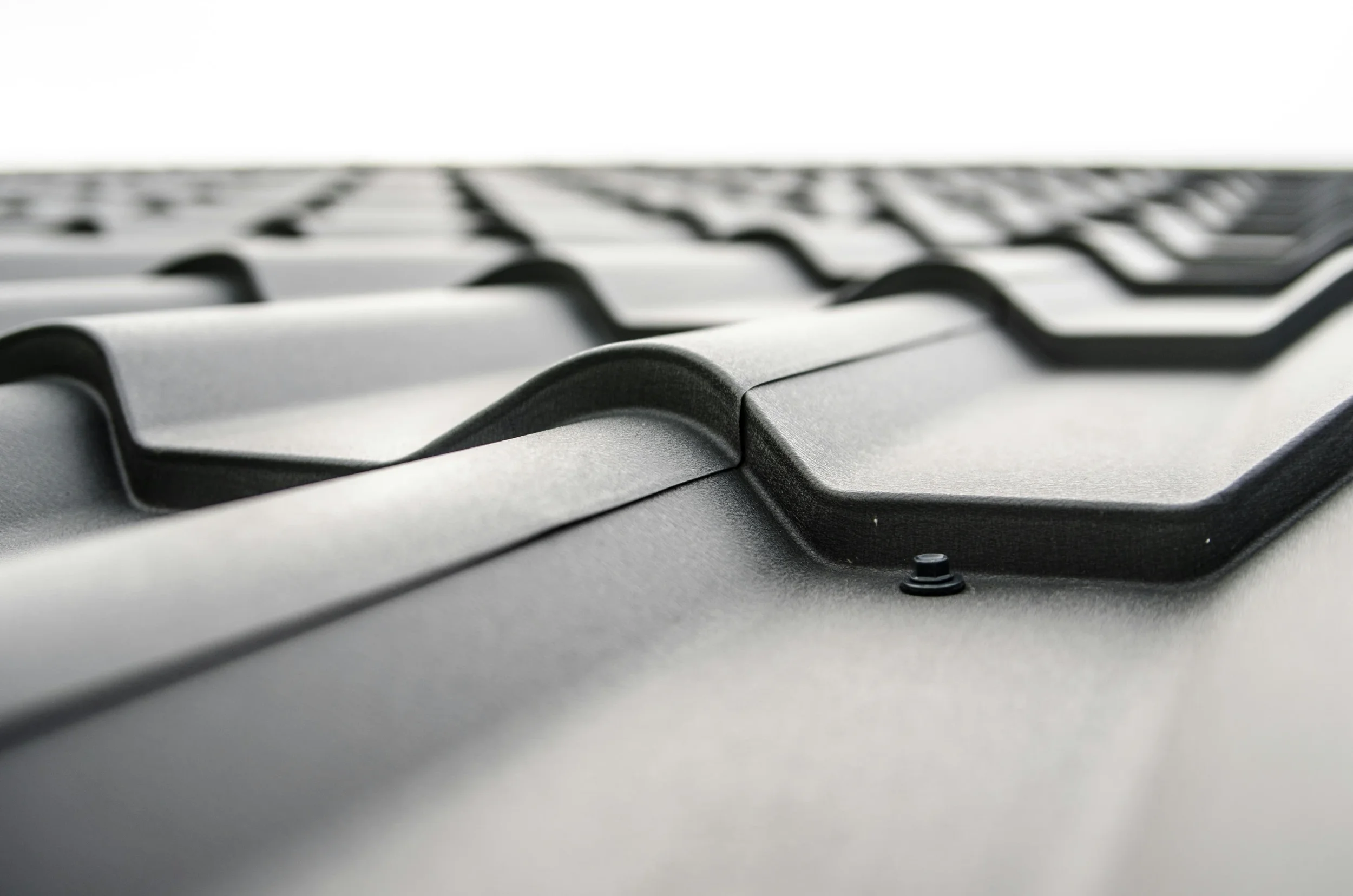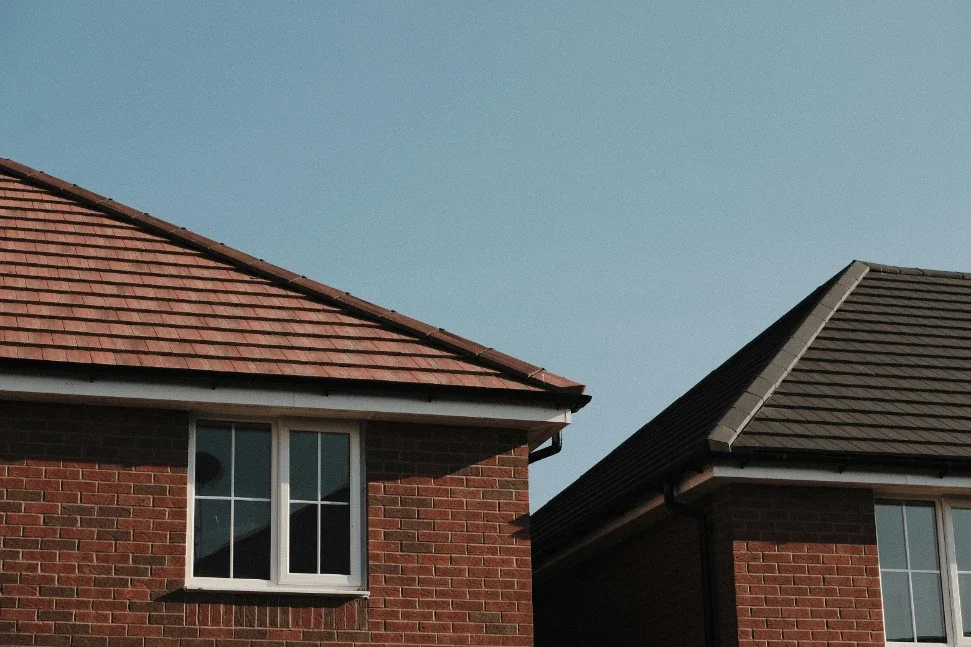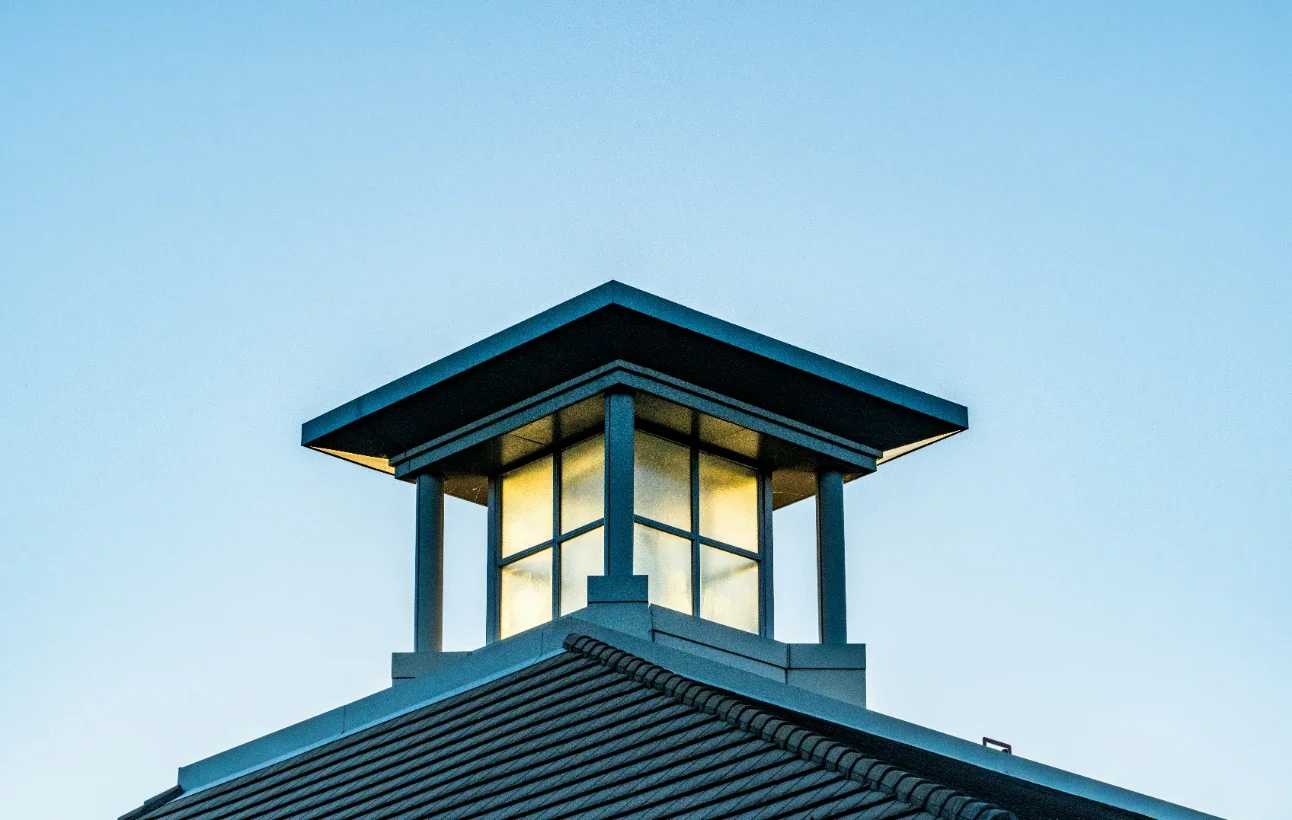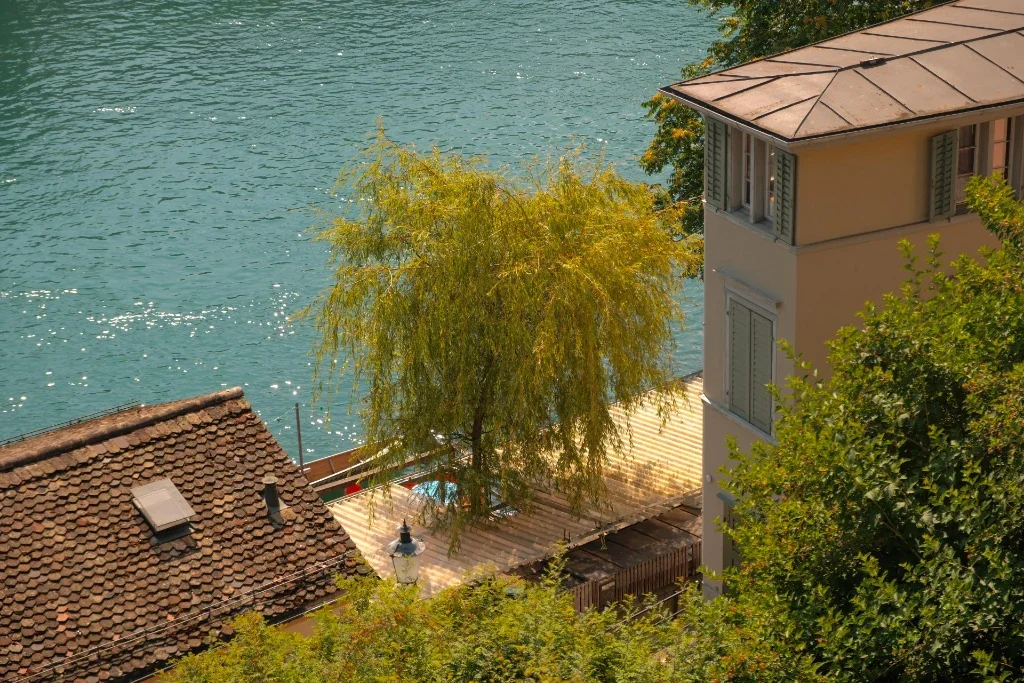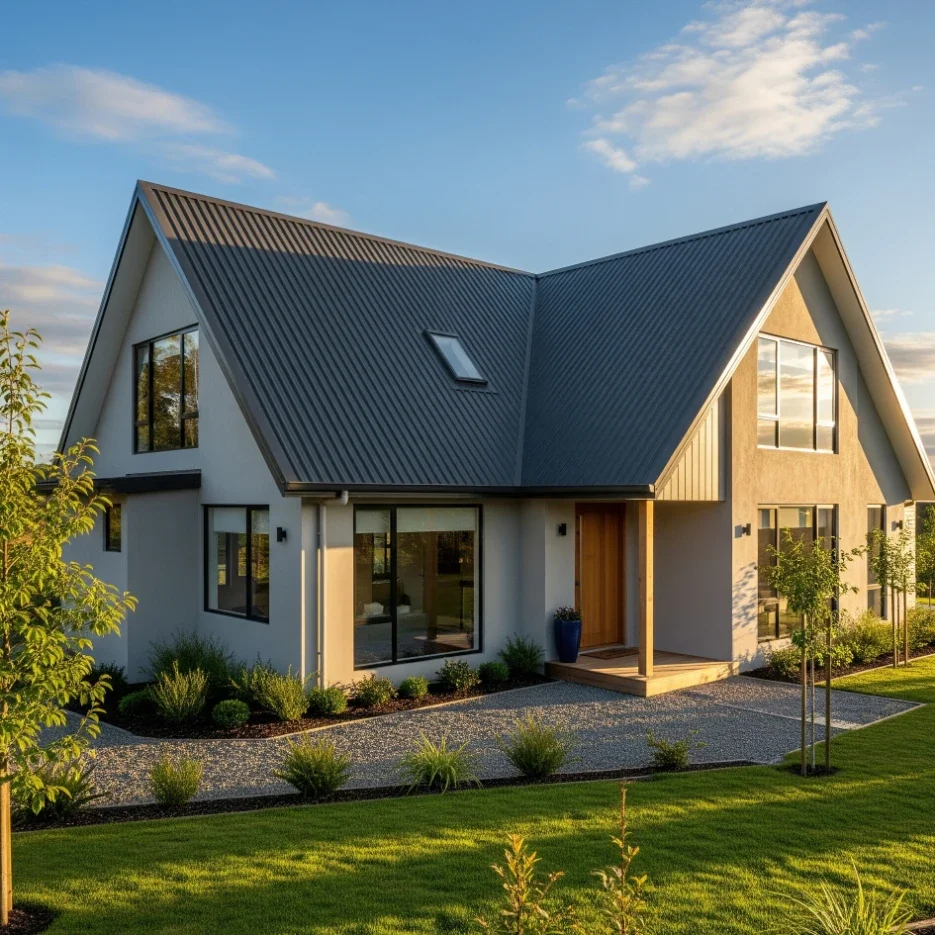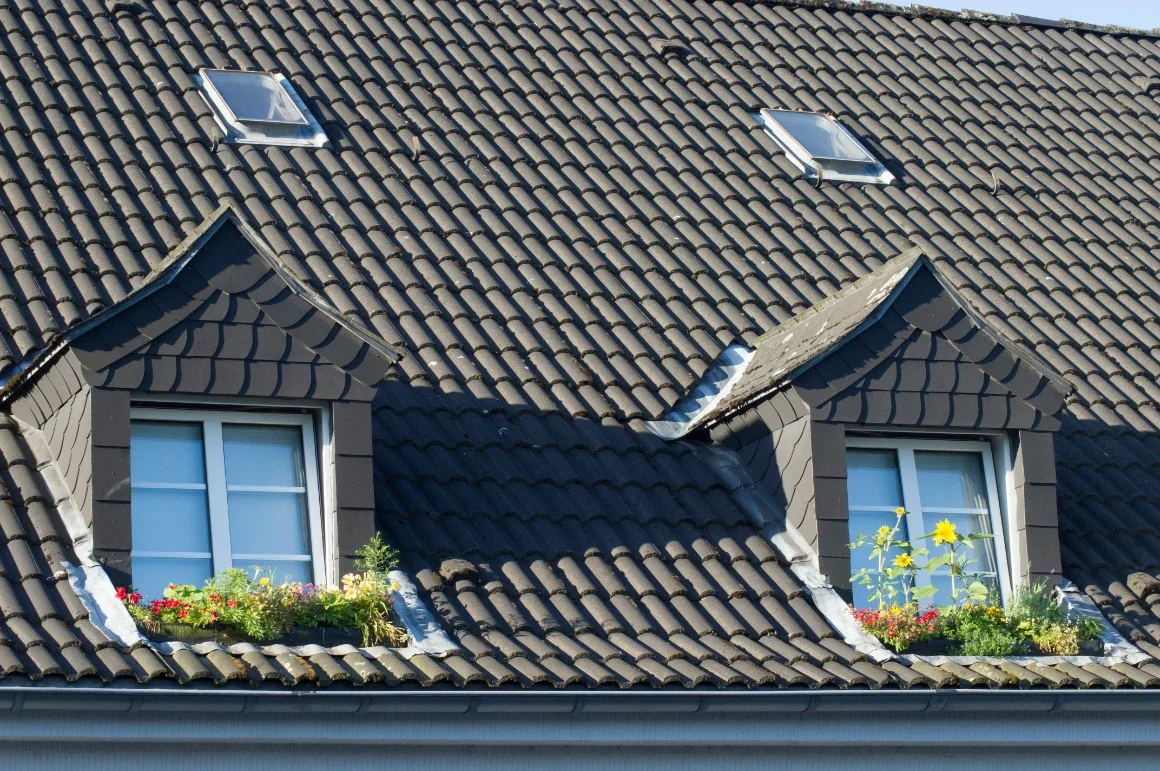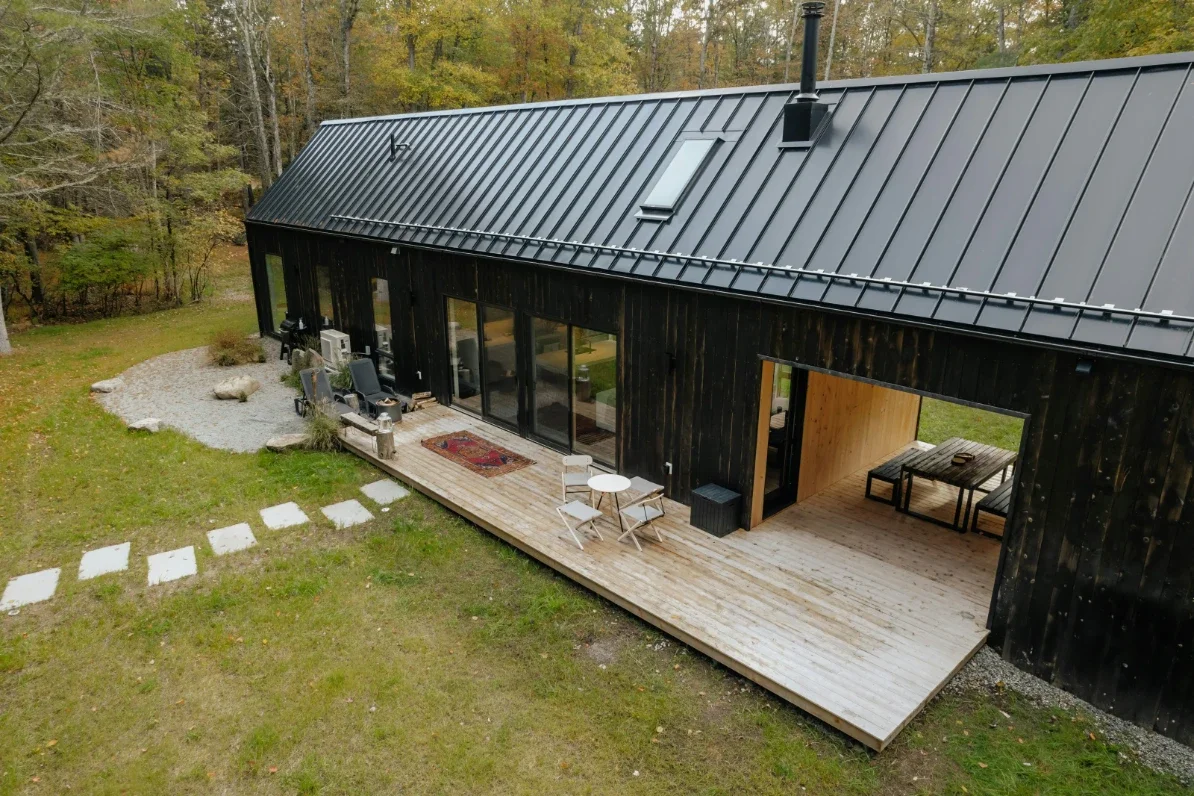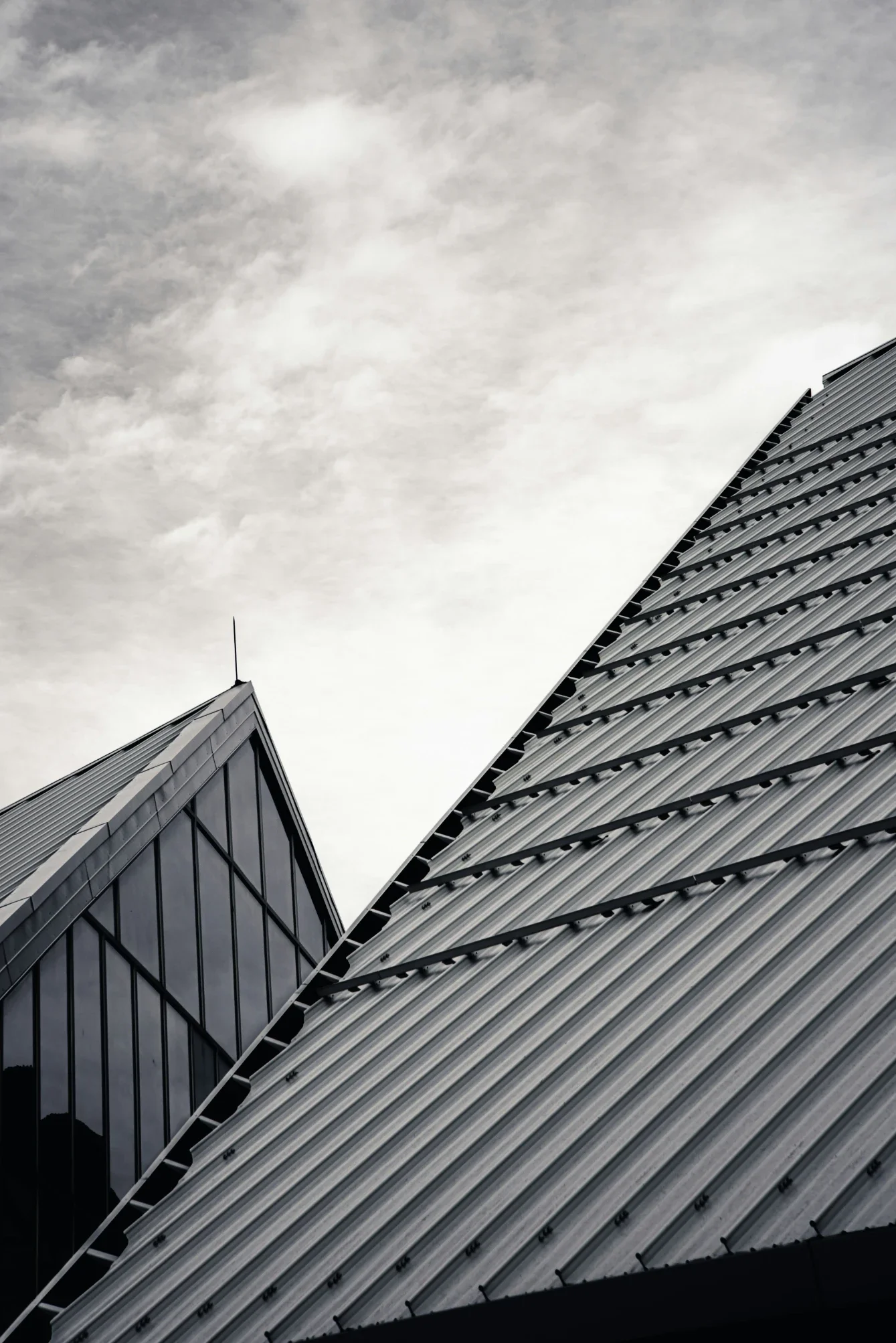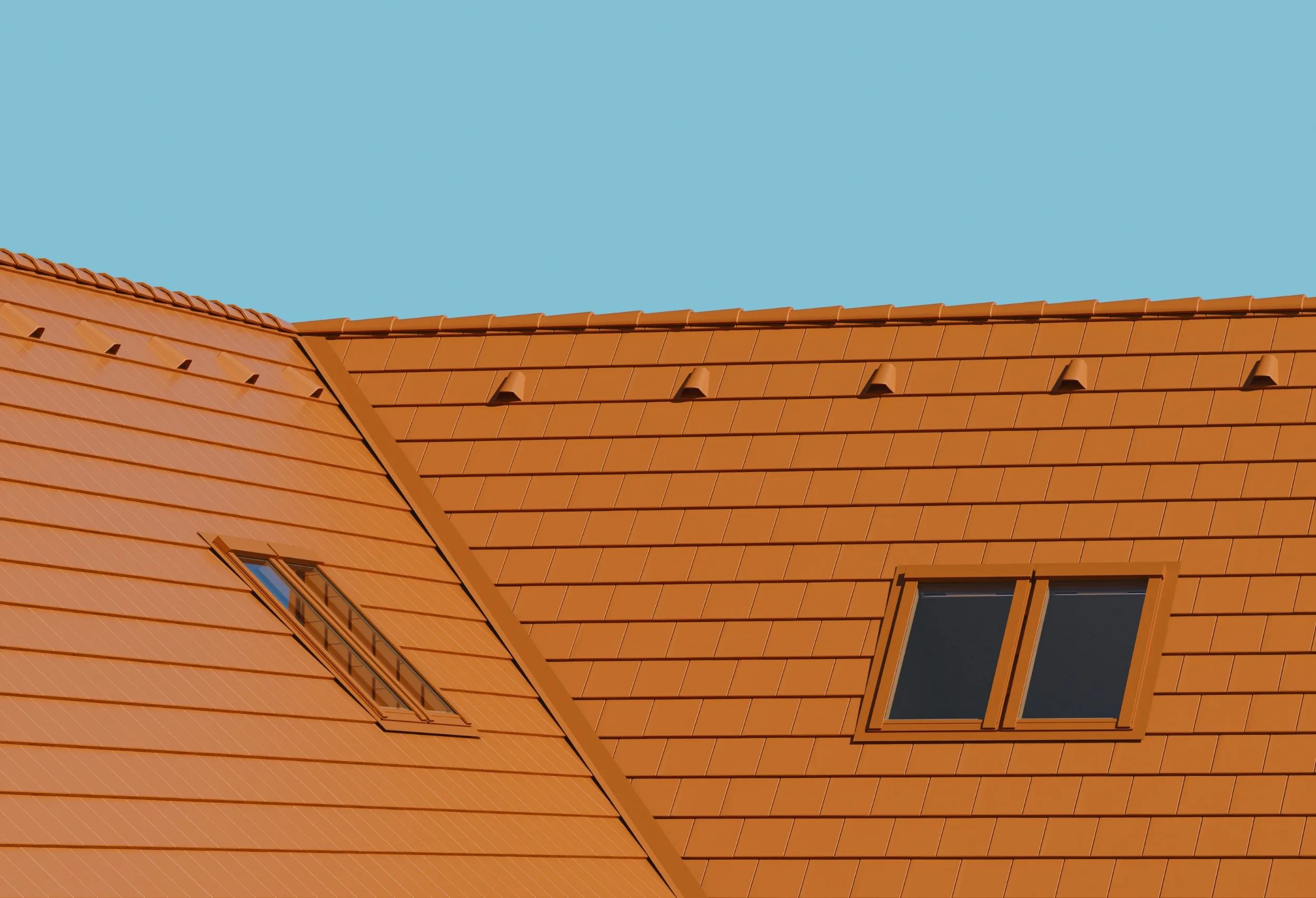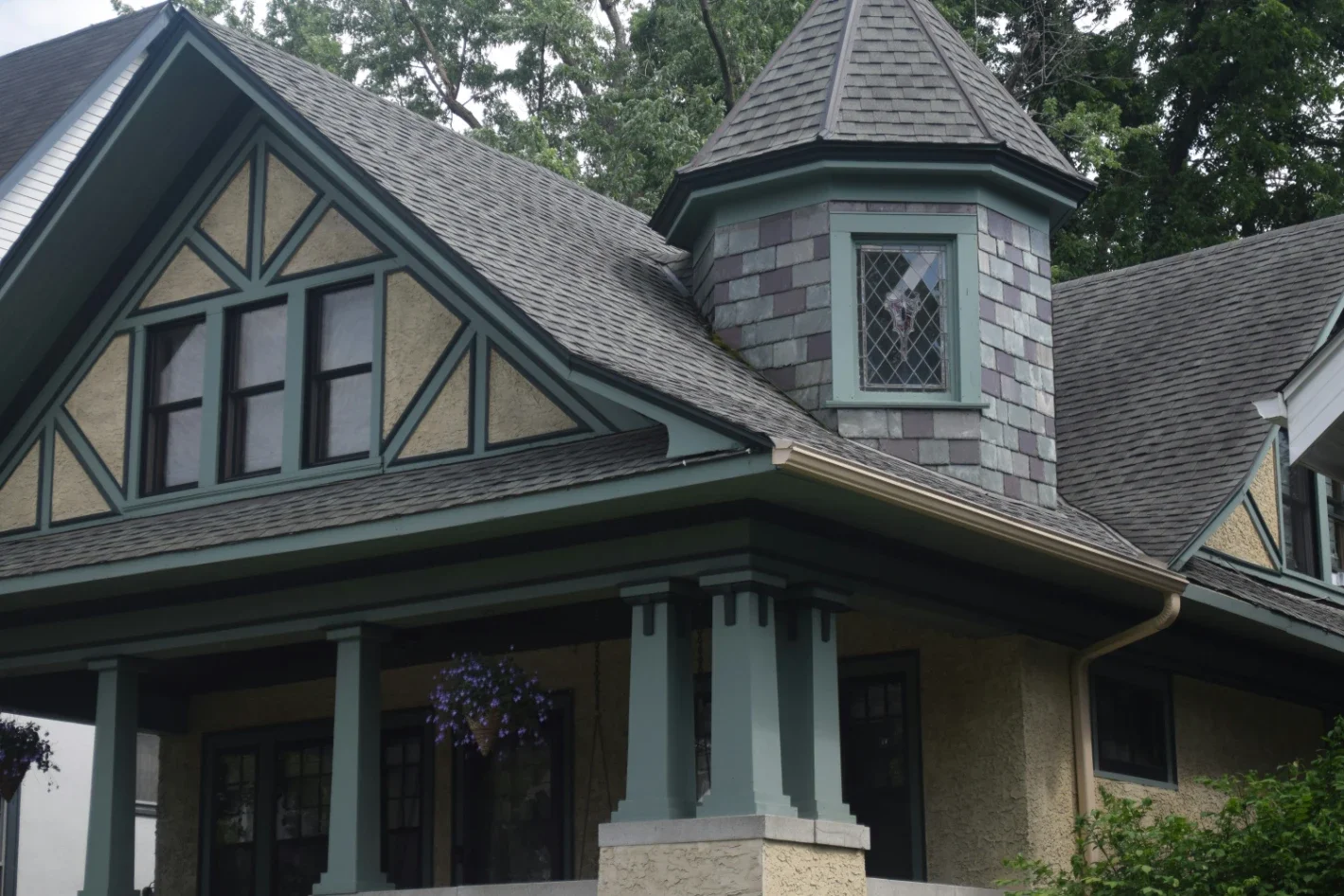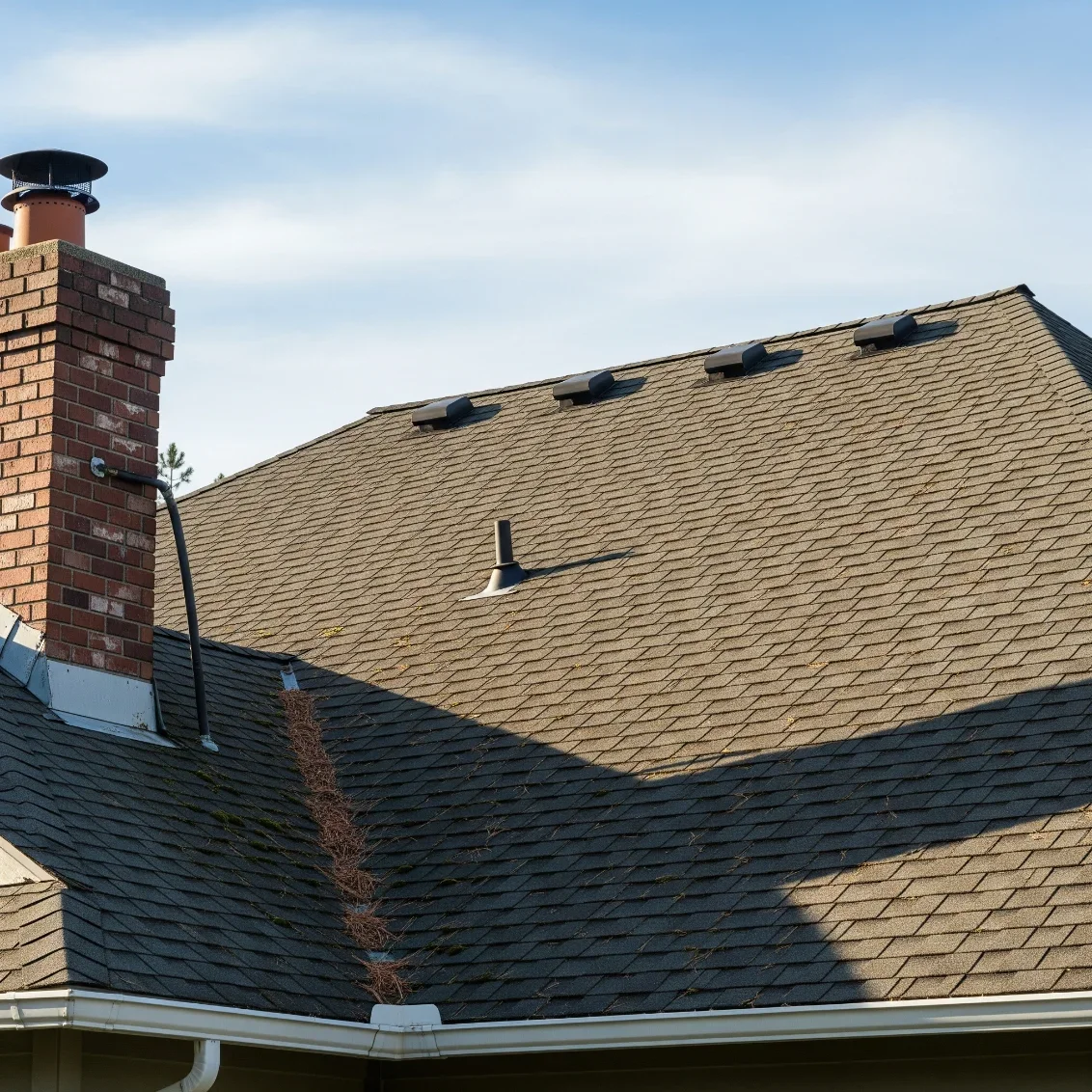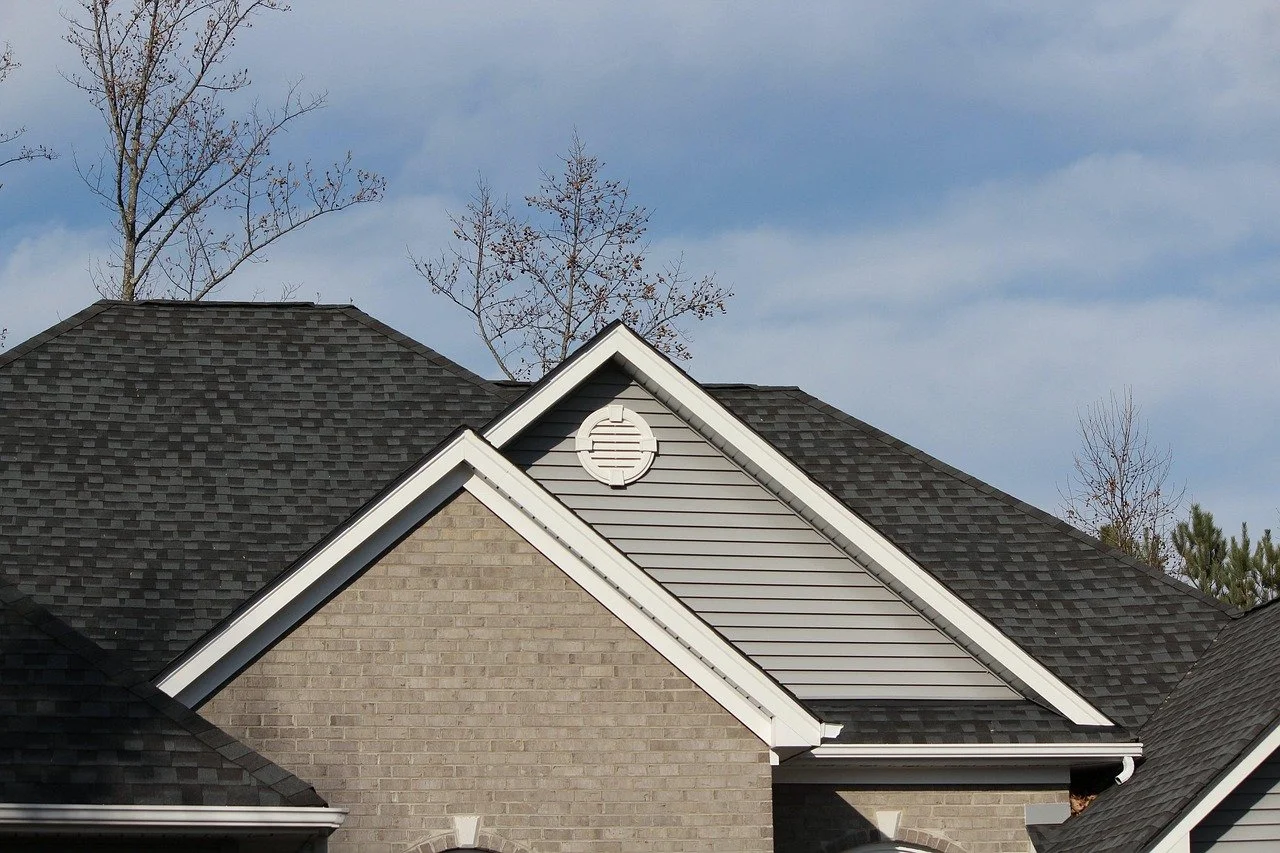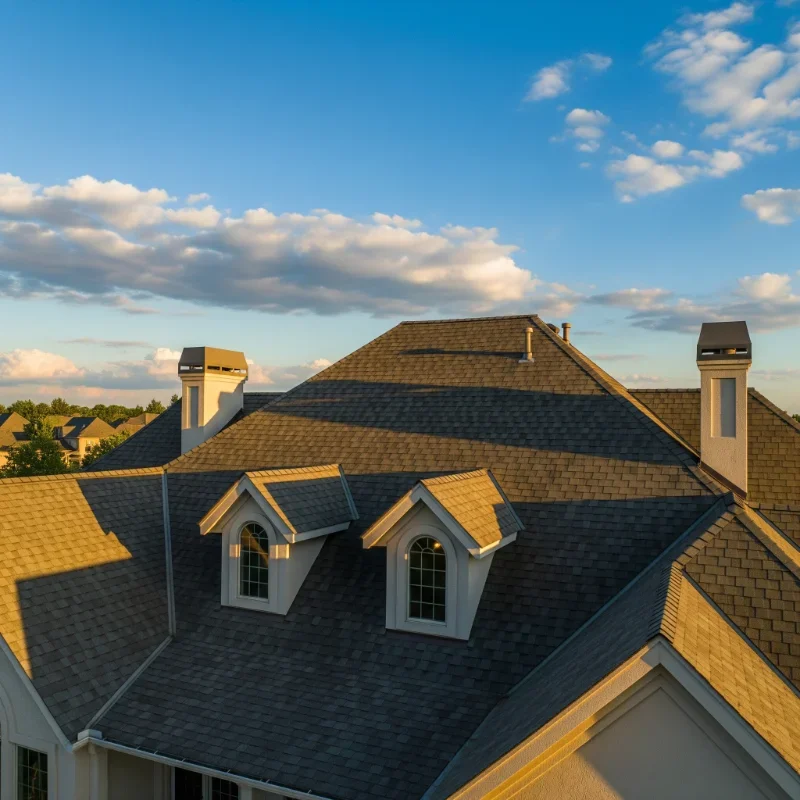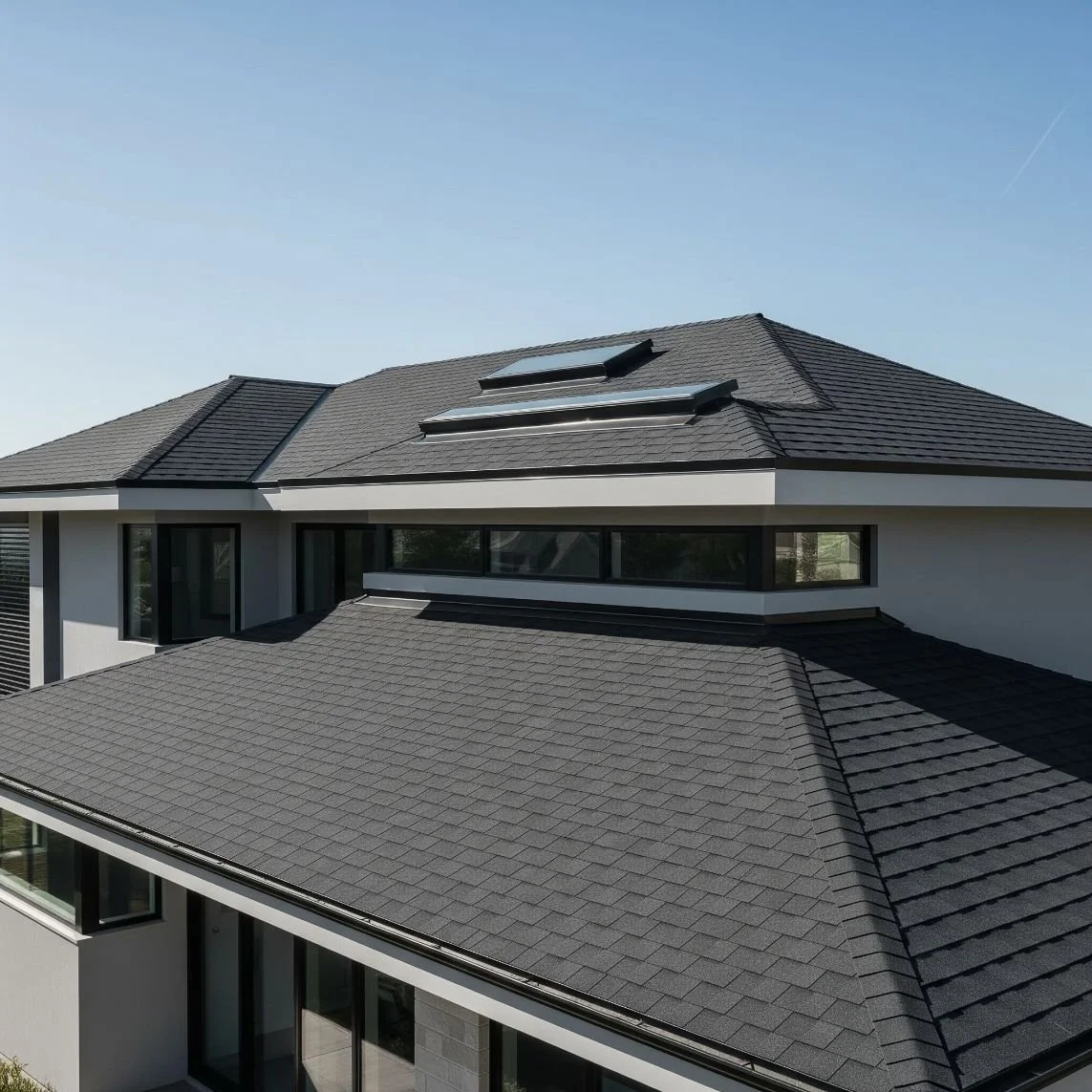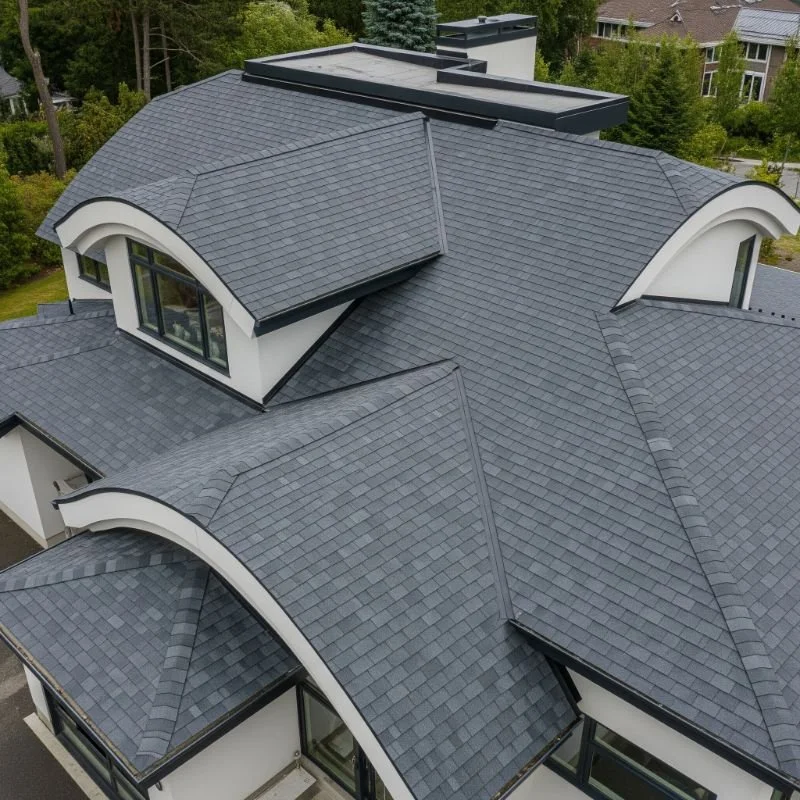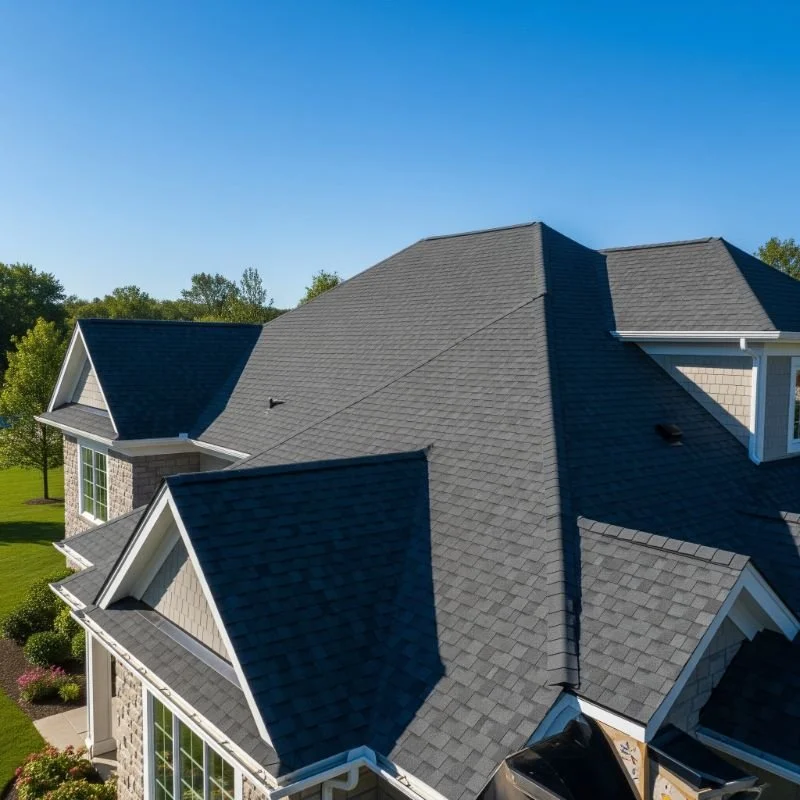How to Choose the Right Commercial Roofing System
Learn how to choose the right commercial roofing system by comparing materials, durability, cost, and energy efficiency to match your business needs.
Selecting the right commercial roofing system is a crucial decision for any business owner. A roof not only protects your property from the elements but also influences energy costs, long-term maintenance expenses, and even the image of your business. With many options available, it can feel overwhelming to know where to start. By understanding the key factors and comparing popular systems, you can make an informed decision that ensures your roof performs well for years to come.
Consider Your Building Structure
Every commercial property has unique characteristics that affect which roofing system is most suitable. For example, flat and low-slope roofs require different materials than steep-slope roofs. You should also evaluate the building’s size, weight-bearing capacity, and architectural design. Some roofing materials are heavier than others, and your structure must be able to support the chosen system without compromising safety.
Evaluate Climate and Weather Conditions
Your location plays a major role in selecting the best roofing system. Businesses in areas with heavy rainfall or snow need a roof with excellent waterproofing and load-bearing capabilities. In regions with extreme heat, reflective roofing systems can help reduce cooling costs. Wind resistance is another important factor if your property is in a storm-prone area. By matching your roof to local climate demands, you improve its performance and reduce future repair needs.
Compare Roofing Materials
There are several common commercial roofing systems, each with its own advantages:
Built-Up Roofing (BUR): A traditional option made of multiple layers of bitumen and reinforcing fabrics, BUR is known for durability and water resistance.
Modified Bitumen: Similar to BUR but easier to install, this system offers flexibility and strong resistance to extreme temperatures.
Single-Ply Membranes: Materials like TPO, PVC, and EPDM are lightweight, energy-efficient, and relatively low maintenance. They are popular for flat and low-slope roofs.
Metal Roofing: Durable and long-lasting, metal roofs are excellent for sloped structures. They offer strong resistance to fire and weather damage.
Green Roofing: Covered with vegetation, these systems improve insulation and reduce stormwater runoff, making them an eco-friendly option.
The right choice depends on your budget, environmental goals, and how you plan to use the building.
Factor in Energy Efficiency
Energy efficiency should be a top priority when choosing a commercial roof. Reflective coatings, cool roofing systems, and proper insulation help reduce energy consumption, lowering utility bills. A roofing system that improves thermal performance can also enhance employee comfort and reduce strain on HVAC systems. Over time, the savings from reduced energy costs can offset part of the initial investment.
Consider Long-Term Maintenance
Different roofing systems require different levels of maintenance. For example, BUR and modified bitumen roofs may need regular inspections and repairs, while single-ply membranes often require less upkeep. Metal roofing is very low maintenance but may be more expensive to install initially. Understanding the long-term maintenance needs of each system allows you to plan for future expenses and avoid unexpected costs.
Budget and Life Expectancy
While budget often plays a big role in decision-making, it is important to think beyond the upfront cost. A cheaper system may cost more in the long run if it has a shorter lifespan or requires frequent repairs. On the other hand, investing in a high-quality system may provide decades of reliable protection. Balance your budget with the expected lifespan of each material to find the most cost-effective option for your business.
Work with a Professional Roofing Contractor
Choosing the right commercial roofing system is not a decision you should make alone. A qualified roofing contractor can assess your property, discuss your goals, and recommend the best system for your commercial roofing needs. Professionals have the expertise to guide you through material options, installation methods, and maintenance plans. Their advice ensures you select a system that delivers both performance and value.
Conclusion
Your roof is one of the most important investments you will make for your business. The right commercial roofing system protects your property, lowers energy costs, and minimizes stress over repairs. By considering building structure, climate, energy efficiency, and budget, you can make a choice that fits your needs. With professional guidance, you will find a system that not only safeguards your business but also supports its long-term success.
